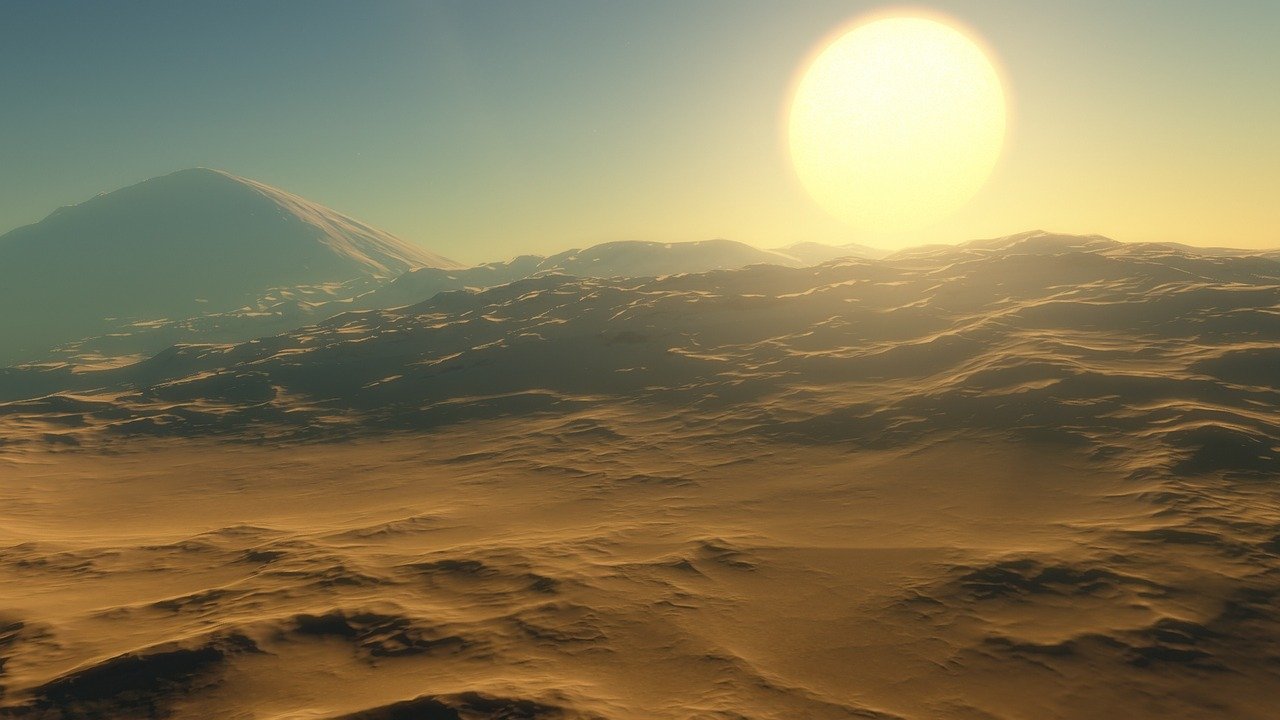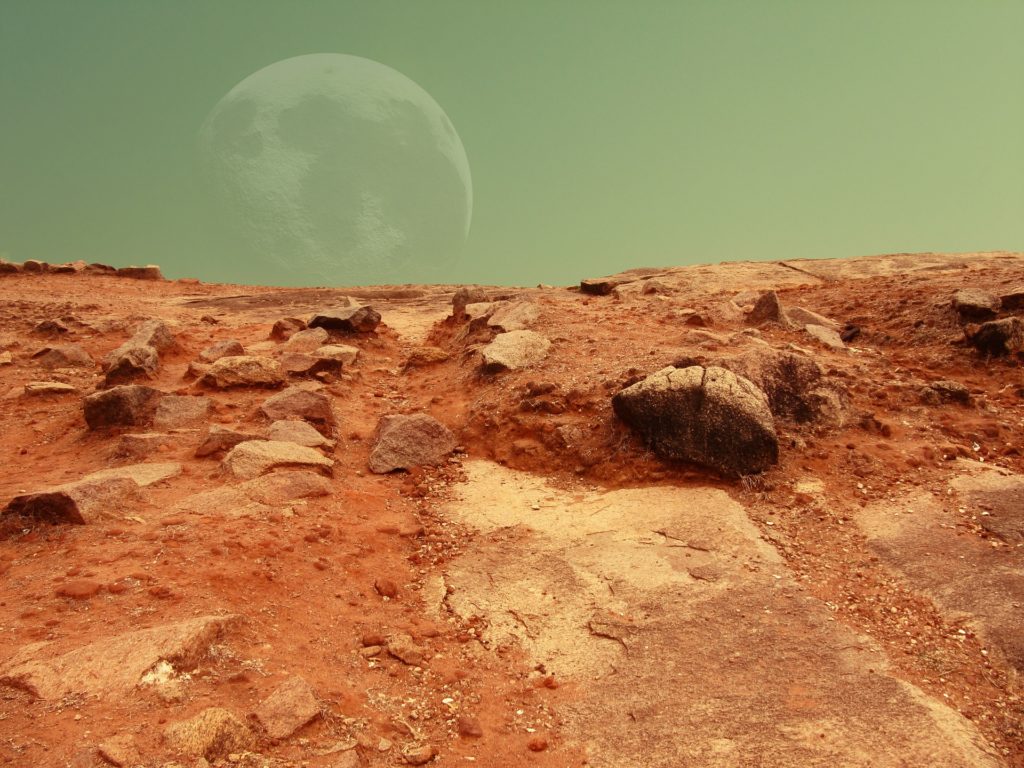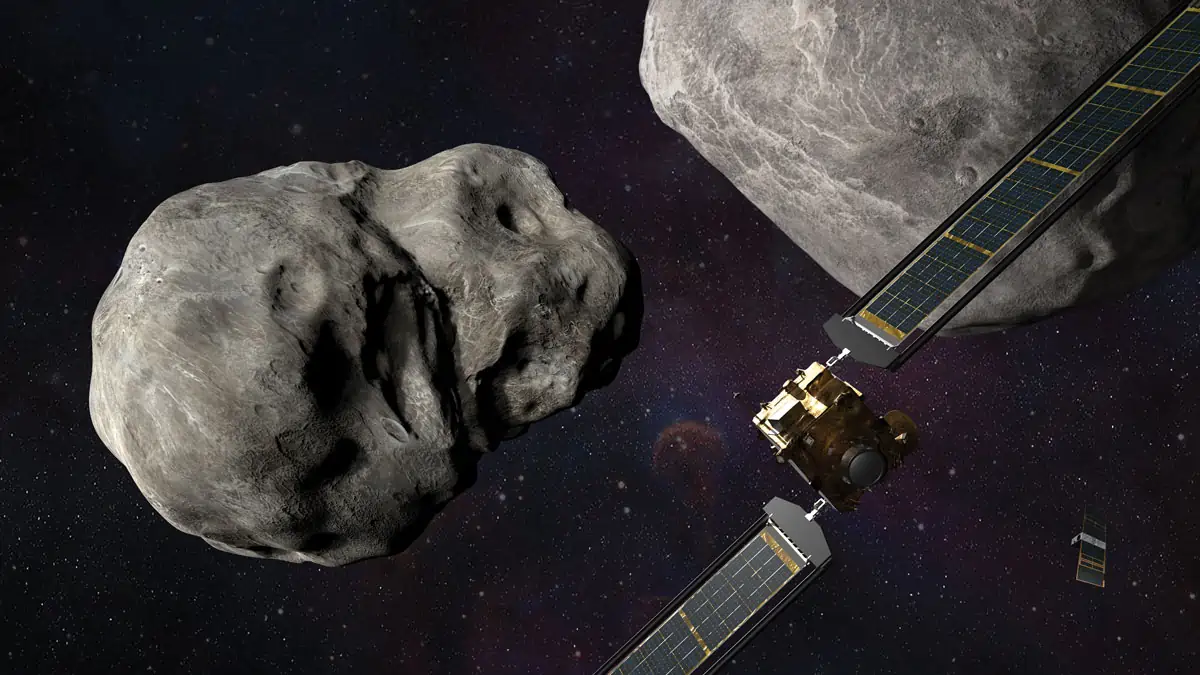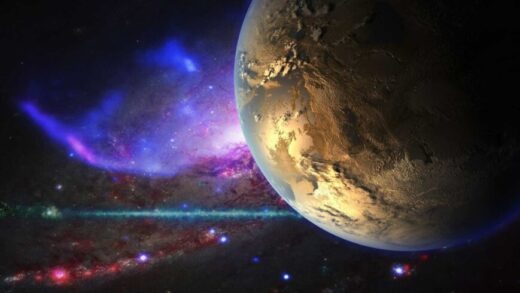Water in Mars Below the Crust

Scientists say that they have found evidence of water in Mars hidden below the crust. Yes, they had already found the evidence that water existed in Mars billions of years ago. But the trouble was finding where the vast amount of water could have gone.
Scientists now think they have found an answer. They have hypothesized that much of the water had gotten trapped in the planet’s outer crust. Researchers discussed about it in 52nd Lunar and Planetary Science Conference and published in Science journal. According to the report, the old water exists there in the form of minerals contained within Martian rocks or below the crust.
Research and Finding Water on Mars
They had done the research on the basis of the measurements gathered from Mars-orbiting spacecraft, rovers and meteorites.

Scientists have also developed a computer simulation of how water was lost from the planet over time. They speculate that more than the planet could have held enough water more than four billion years ago. The water was enough to cover its entire surface in a layer measuring between 100m and one kilometer deep.
Quoting a statement of Dr Grindrod from London’s Natural History Museum, BBC has stated that they already knew that some water of mars was lost in the atmosphere, some remained frozen on and just below the crust and the disappearance of a larger amount was yet to be known.
Scientists’ Conclusion
Now they have concluded a vast amount of the martian water may be locked under the surface of the planet. Dr Grindrod said, ‘A lot of that water, possibly the majority, could have actually been locked into the rocks on Mars’.
Analysts say probability of availability of water has made the scientists more excited to further mars’ studies.
What does it mean?
Mars’ water discovery has sparked excitement. Does it mean life? Not necessarily. Water may exist on Mars, but this does not guarantee life. Water alone does not mean life, but it can be a sign of potential for life. Scientists must look for other clues, such as organic molecules, to conclude if life exists. Water is necessary for life, so finding it on Mars is a huge step forward. The Martian water is not in liquid form. A distance of 142 million miles from the Sun, compared to Earth’s 93 million, Mars’ water is frozen. It is likely to be a brine, meaning the water is bound to salts and particles. Nevertheless, this discovery is a giant leap for space exploration. Water is a key ingredient for sustaining life, and its presence on Mars opens the possibility for future human colonization.


